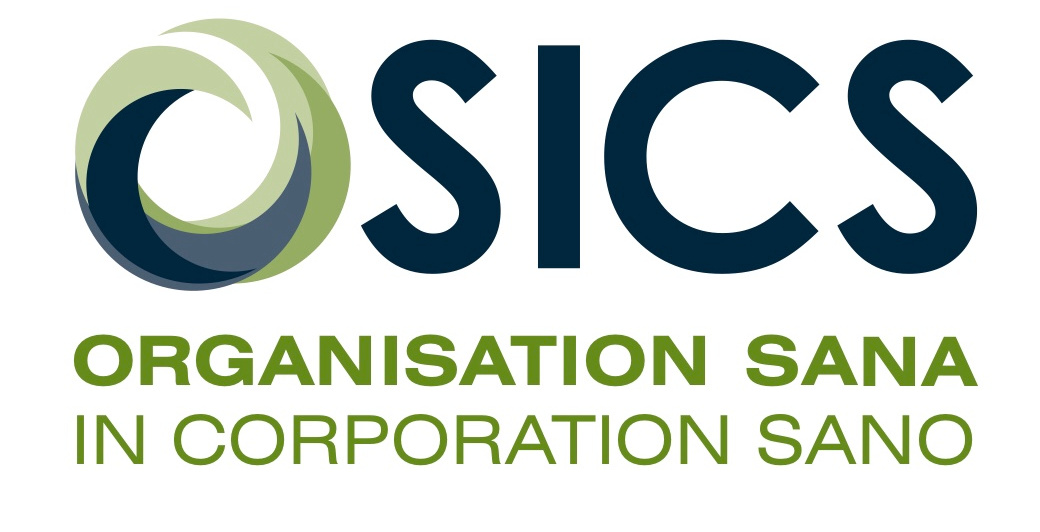Waste Reduction and loss minimisation as the main levers to profitability and sustainability challenges.THE OSICS NETWORK
The pharmaceutical, biotech and food industries is a critical sector that plays a pivotal role in advancing medical science and improving healthcare outcomes. However, it is also one of the most complex and resource-intensive industries, facing unique challenges related to inefficiency, high costs, and loss management. We explore the specific situations where inefficiency, high costs, and loss management commonly occur in pharmaceutical, biotech and food businesses and discuss strategies and solutions to address these challenges.
The key areas of focus include enhancing efficiency, reducing costs, minimizing work-in-process inventory, and optimizing processes.
Waste generated and losses incurred from process, systems in pharmaceutical industry are considered as revenue leakages, it has many implications on organizational efficiency and management. These revenue leakages can lead to high costs and inefficiencies in the process.

Improving efficiency: Efficiency is crucial for success. We understand that your business may be facing challenges such as bottlenecks, long lead times, or redundant processes that hinder your productivity. Our team of experts will analyze your operations from end-to-end value stream mapping (VSM) to identify areas of improvement.
By streamlining workflows, eliminating unnecessary steps, and implementing best practices, we will help you unlock your full potential and achieve optimal efficiency.
Cost Reduction to maximize bottom line: High costs can eat into your profits and hinder the growth of your business. Our cost reduction strategies are designed to identify inefficiencies that lead to unnecessary expenses. We conduct a thorough cost analysis of your operations along with your finance team and develop a customized plan to reduce expenses without compromising quality.
From optimizing supply chain management to identifying cost-saving opportunities through strategic partnerships, we will help you maximize your bottom line.
Reduction of work-in-process inventory: A large work-in-process (WIP) inventory not only ties up valuable resources but also increases the risk of obsolescence or waste.
Our team specializes in analyzing your production processes to identify areas where WIP inventory can be reduced without impacting productivity or customer satisfaction. By implementing lean principles and adopting just-in-time strategies, we will help you streamline your operations, reduce excess inventory, and improve cash flow.
Process optimization enhancing productivity: Optimizing your processes is key to maximizing productivity and delivering high-quality products or services. Our experts are well-versed in process improvement methodologies and will work closely with your team to identify areas for optimization.
Whether it’s implementing automation, digitalization reconfiguring layouts for better flow, or standardizing procedures, we will help you achieve process excellence that drives efficiency and enhances overall performance. Process optimization not only results in cost savings but also enables companies to meet regulatory requirements more effectively and consistently deliver high-quality products.
Looking for a
Fit-for-purpose solution?
At OSICS, our team of consultants specializes in providing exceptional consulting services to clients in the Pharma, Biotechnology and Food Industry sectors.
Here are a few examples to get a feel how we can add value in your process/systems:
Implementing advanced technologies, automation, digitalization to streamline production processes to reduce manual errors and improve right first time (RFT).
Adopting continuous techniques to minimize production cycle times. Applying lean principles to eliminate non-value-added activities and reduce production cycle times.
Employing process analytical technology (PAT) for real-time monitoring and control, leading to more efficient and consistent bioproduction, utilizing high-throughput screening and automation in bioprocessing to enhance the efficiency of cell culture and fermentation.
Implementing the 5S methodology (Sort, Set in order, Shine, Standardize, Sustain) to organize and optimize workspace layouts, leading to improved productivity etc.
These levers will not only improve efficiency, but also optimize inventory, and cycle times. With the released capacity/efficiency companies can bring-in more business on production lines ultimately impacting bottom line.
Also, direct cash savings opportunities can be identified such as Outsourcing non-core activities to third-party service providers to reduce overhead costs:
- Material harmonisation with common specifications,
- Optimizing supply chain logistics to reduce transportation and storage costs while ensuring timely deliveries,
- Conducting value engineering to identify cost-saving opportunities during the drug development and process,
- Implementing energy-saving measures in food processing, pharma facilities i.e. using energy-efficient equipment, optimizing heating and cooling systems,
- Reducing waste and optimizing packaging materials to lower packaging costs etc all such initiatives contributefor direct cash savings opportunities.

At OSICS, our consultants are highly trained on tackling inefficiencies and we have solutions to address your business challenges. We also train your staff on how to identify the waste in your process and systems with simple methods.
The pharmaceutical industry is a complex and highly regulated industry that requires significant investment in research and development. By reducing waste and losses, businesses can optimize their processes and reduce costs, which can further help improve efficiency. Waste reduction and losses can also help reduce costs. This sector industry is known for its high operating costs, and reducing waste and losses can help businesses save money. For example, reducing work-in-process and redundant inventory can help businesses reduce storage costs and improve cash flow. The pharmaceutical industry is under increasing pressure to reduce its environmental impact. By reducing waste and losses, businesses can help reduce their carbon footprint and improve their sustainability.
Contact us today to schedule a consultation and take the first step towards unlocking efficiency, reducing costs, minimizing inventory, and optimizing processes in your organization.
